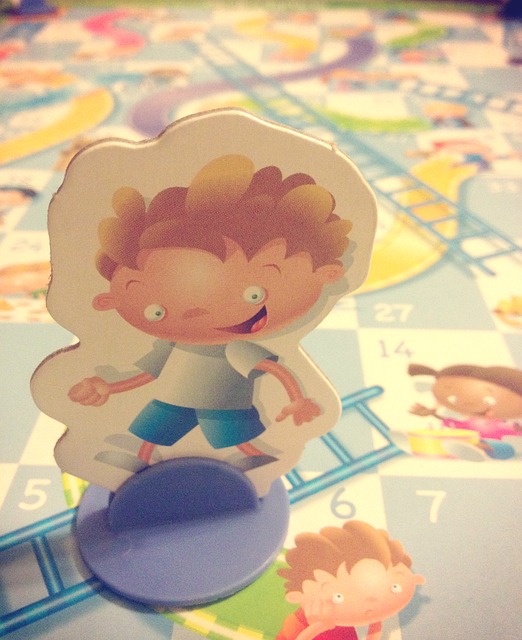What can we do to make child language therapy as effective as possible for our clients and their families?
Having reviewed some of the latest research on this important question, we’ve identified 8 key elements. Here are the first 4:
1. Set meaningful goals for you and your child: Speech pathologists are trained to make their goals SMART: specific, measurable, attainable (or assignable), realistic and time-bound. Even if SMART, however, there’s no point spending therapy time on a goal that you don’t care about or a skill your child doesn’t need to use in daily life. Goals should be relevant and functional. Ideally, you and your speech pathologist should agree on your child’s language goals before therapy begins and at regular intervals during therapy. If you don’t know what your speech pathologist is working on, or why, ask. Make sure we understand your priorities and needs. You are the expert on your child. And you know much better than anyone else – including the speech pathologist – about the impact of your child’s language delay on his or her “real world” participation.
2. Engage your child’s attention using their interests: If you’ve ever wondered why speech pathologists spend so much time making props, hiding flashcards around their clinic rooms, creating treasure hunts involving sand pits, dabbling (very poorly in my case) in arts and crafts, and creating personalised stories for your child, it’s because we want to keep your child entertained. Not because we’re wannabe Playschool presenters. But because we need your child to be engaged in what we are doing for them to learn – even if we are working on something as dry as irregular past tense forms of early verbs like break and fly. Especially if we’re working on a goal like that. That’s why a good speech pathologist will take the time to find out about your child’s favourite toys and activities. (Incidentally, that’s also why speech pathologists are so good at recommending birthday presents for children: our clients keep us up to speed on the latest adventures of Thomas the Tank Engine, Sofia the First, the cast of Frozen and the retro, but re-booted Teenage Mutant Ninja Turtles.)
3. Use the right therapy materials: A good flash card (or twenty) can be a very efficient way of covering a lot of targets in a short time – especially for articulation and phonology treatments with school-aged children. But for young kids with language delays, two-dimensional pictures alone are unlikely to get the job done efficiently. Many kids learn best by seeing concepts demonstrated, especially if they can participate. So, instead of learning early concepts like “in” and “out”, “up” and “down”, “stop” and “go” sitting glazed-eyed in front of a stack of flashcards or iPad, some kids might get the concept faster by jumping up and down on a mini-trampoline, tipping sea shells into and out of a box, playing “Simon Says”, moving toy animals, cars, dolls, and teddies around the room, and racing bat-mobiles across the clinic floor.
4. Reward kids when they get it right: As most parents know, giving a child a reward when they do what we want them to do usually increases the likelihood that they’ll do it again – at least until they hit their teens when this basic principle of behaviourism sometimes flies out the window! In speech pathology, reinforcement or rewards can be blatant bribes like stickers, stamps or treats. Slightly less obvious incentives include “tokens”, e.g. swords for the Pop-Up Pirate, or giving the child a bonus roll of the dice in the board game. The best reward for many children is simply genuine praise and the realisation that when they “say their words” as taught, they can get something they want (e.g. “more bubbles”).
So, to deliver effective language therapy to your child, speech pathologists should work on goals that are important to you and your child, use activities and materials that engage your child’s interests and attention, and reward your child for achieving goals. In our next post, we’ll discuss 4 other evidence-based tips for effective language therapy for children.
Related article:
Principal source: Gillam, R. & Loeb, D. (2010). Principles for school-age language intervention: Insight from a randomised Controlled Trial, ASHA Leader, 15(1), 10-13.
Image: http://tinyurl.com/mbuznmc

Hi there, I’m David Kinnane.
Principal Speech Pathologist, Banter Speech & Language
Our talented team of certified practising speech pathologists provide unhurried, personalised and evidence-based speech pathology care to children and adults in the Inner West of Sydney and beyond, both in our clinic and via telehealth.


Leave a Reply